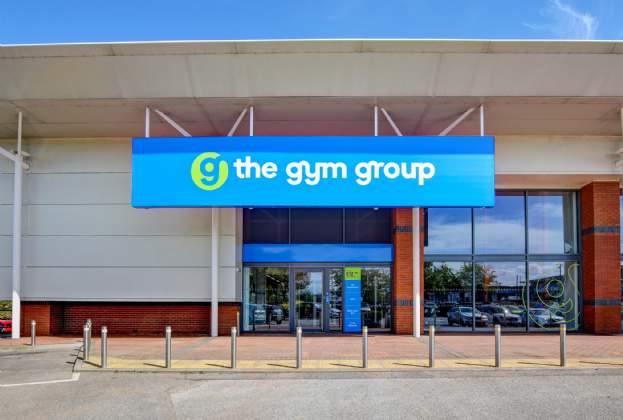The competitive socialising market has been well established for some time. From the boom of urban mini golf to escape rooms to bowling, it’s fair to say that even prior to Covid-19, we were beginning to see some saturation in the market, with over 200 operators here in the UK.
What we are seeing now, however, is a flurry of new operators with fresh and innovative concepts, entering the market. Despite challenges, the second wave of the pandemic has allowed businesses to gather their ideas and resources and as restrictions have lifted, we’ve seen an influx of activity across the entire leisure market, including the emergence of a new wave of competitive socialising concepts.
These new brands have introduced a host of new sports to the market, creating a differentiation from the traditional golf and darts concepts, with TOCA (football), Sixes (cricket), Sluggers (baseball) and Tejo (a popular South American sport) all having recently entered the sector.
Fuelled by a Summer of sport, with the Olympics and the Euros bringing the nation together, the appetite for sports-based concepts continues to grow. Furthermore, the team-led nature of each sport also draws on the social aspect of this market – aptly fitting the competitive socialising mould.
TOCA opened its first site at the O2 in London in August, spanning 30,000 sq ft, and is now actively seeking a second location to open next year. Sluggers, Sixes and Tejo also have active requirements in the market, albeit for smaller sized spaces (circa 4,000 - 9,000 sq ft), and are therefore in a good position to acquire former restaurant units.
However, whilst a number of restaurants became available during the pandemic, availability is surprisingly low as a result of the rent memorandum. Therefore we expect to see greater opportunity for these operators to expand following the end of the memorandum in March 2022, in addition to the redevelopment of former Debenhams and House of Fraser units coming to fruition.
It will be those operators that position themselves early on and are able to curate their space within such developments that will benefit the most. This has already been witnessed by the likes of Gravity, which has recently taken 80,000 sq ft in the former Debenhams in Wandsworth and has opened to much success.
As a result of this demand, and a lack of readily available space particularly for larger sized units, we are yet to see a drop in rental tone, with the majority of deals replicating the numbers we saw pre-pandemic.
What’s more, these emerging leisure operators benefit from having seen the successes and failures of other businesses throughout the pandemic. Therefore should another lockdown be on the horizon, those that are able to use this to their advantage - learning from operators that have maintained engagement with their consumers through adaptations e.g. at-home versions - will come out the other side in a stronger position than others.
Further information



.jpg)


.jpg)


.jpg)
.jpg)